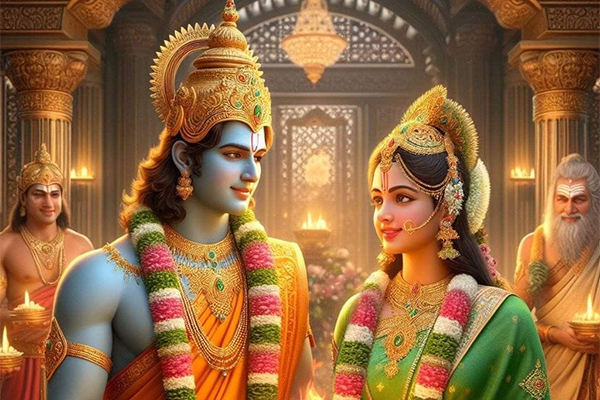
Vivah Panchami celebrates the divine union of Bhagwan Ram and Goddess Sita, a sacred moment in the Treta Yug. On the fifth day of the Margashirsha month, during Shukla Paksha, a tale unfurls. The celebration unfolds its vibrant tapestry across the diverse landscapes of India and Nepal.
What is Vivah Panchami?
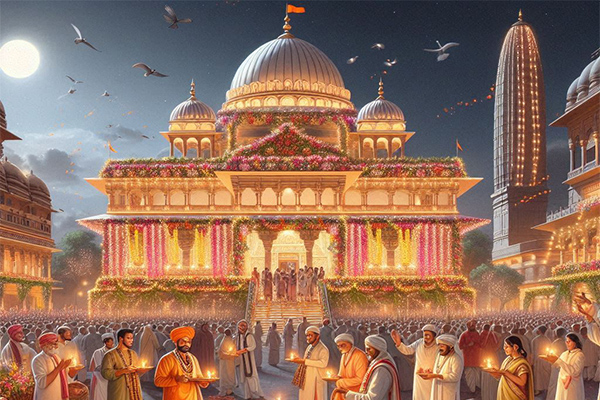
On Vivah Panchami, people unite in the joyous celebration of the divine union between Shri Rama and Devi Sita, a sacred occurrence that is said to have unfolded on this very day. In the holy land of Ayodhya, where the divine presence of Bhagwan Ram first graced the earth, ancient temples come alive, covered with vibrant flowers and shimmering lights, celebrating an intricate weave of heritage and devotion. In the whispers of ancient texts, this day emerges as sacred, inviting all to join in a celebration that brings together balance, harmony, and joy within the bonds of marriage, while also nurturing an atmosphere of peace and prosperity in life.
When is Vivah Panchami Celebrated In 2026? Date & Time
Vivah Panchami on Monday, December 14, 2026
Panchami Tithi Begins - 04:47 PM on Dec 13, 2026
Panchami Tithi Ends - 07:15 PM on Dec 14, 2026
Vivah Panchami Puja Vidhi
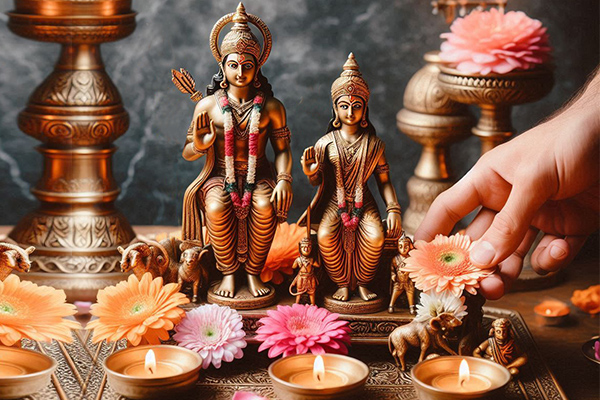
Early in the morning, devotees take a sacred bath after waking up.
Following a bath, use Gangajal to clean the idols of Goddess Sita and Bhagwan Ram.
Next, drape them in vibrant yellow garments, embellish with flowers, adorn with jewellery and garlands, and present offerings of bhog.
Lastly, use oil lamps to light the space surrounding them.
After being ready, a chowki is covered with a brand-new red or yellow piece of cloth.
Before the wedding ceremony of Bhagwan Ram and Goddess Sita begins, offerings of water, flowers, fruits, durva grass, dhoop, and Akshat are made to Bhagwan Ganesha in order to obtain his blessings.
Bhagwan Ram and Goddess Sita are offered Haldi and Kumkum.
Shringar Samagri or Items of beautification such as Red Chunri, Fresh Clothes, Bangles, Kajal, Mehendi, Sindoor, Bindi, Alta, Mangalsutra, Nathini, and other Jewellery are lovingly presented to Goddess Sita, who is about to embrace her role as the bride.
The Idols are bound together with a sacred thread, called mauli.
After singing Om Janaki Vallabhaya Namah, two pieces of cloth are knotted, one to the goddess's garment and the other to Bhagwan Ram's. This is done for the Gath Bandhan.
Reciting Bala Kandam Paath is very important throughout the wedding.
The deities are offered Gandham (Fragrance), Pushpam (Flowers), Deepam (Lamp), Dhoop (Incense), and Naivedhyam (Sweets or Fruits)
Additionally, there is tambolam with paan, supari, banana, fruits, Dakshina, Haldi, Kumkum, and a brown coconut with its husk split into two equal pieces.
After reciting the Baal Kand Katha from Akhand Ramayan, also known as Vivah Prasang, the Aarti is performed.
This day is dedicated to a few rituals and pujas, such as the reciting of the Ramayana, the recitation of the Bhagwan Ram story, and Kalyanam, which commemorates the union of Goddess Sita and Bhagwan Ram.
In addition to offering flowers, incense, and candies in Bhagwan Rama temples, devotees also recite hymns from the Ramayana or Vishnu Sahasranama.
Offerings made to Goddess Sita and Shri Ram include a Ghee diya, fresh fruits, rose petals, sweets, and bhog.
Perform the Ramcharitmanas Paath and Chant Ram Stuti and Aarti.
Benefits of Vivah Panchami Puja
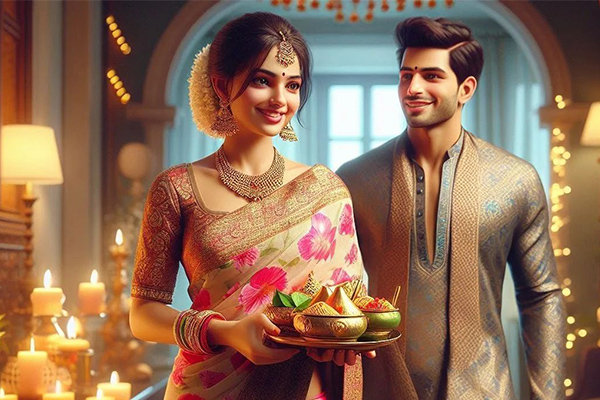
Vivah Panchami Puja, a celebration of the divine union of Shri Ram and Goddess Sita, brings blessings of marital harmony, prosperity, and happiness into one's life, following are the benefits of performing Vivah Panchami Puja:
Divine Blessings of Sita Mata and Bhagwan Ram.
Happy married life & Resolve all marriage troubles.
Harmony and Peace
To find an ideal spouse
Growth and prosperity in all areas of life
Material growth and spiritual ascension
Significance of Vivah Panchami
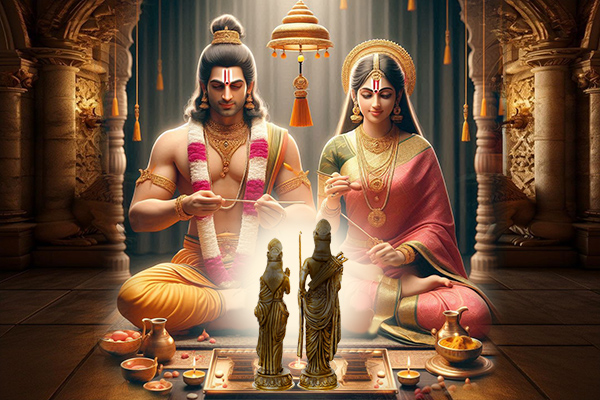
The holy marriage of Rama and Sita, celebrated on Vivah Panchami, represents the perfect union of a husband and wife who love, respect, and devote themselves to one another.
Married couples who perform this puja are thought to enhance their bond and experience serenity, understanding, and harmony.
Inviting good fortune, fertility, and family harmony is another significance of this ritual.
For those who are having trouble finding a life partner or who are experiencing marital delays, Vivah Panchami is an offering of luck that can assist break the spell.
Emphasizing moral living and personal responsibility, the festival also promotes spiritual growth via dedication and commitment to dharma.
Vivah Panchami Katha (Ram Vivah Story) | Sita Swayamvar Story
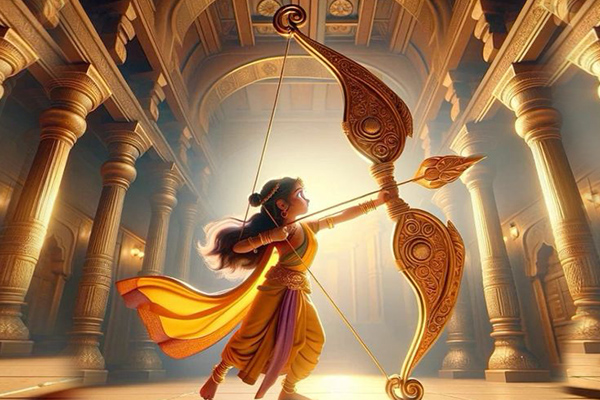
During her childhood, Goddess Sita effortlessly raised the Shiv Dhanush while playing with her sisters, a feat unequalled by anybody in the palace. According to legend, Shri Shiva used a powerful bow to disrupt the Daksha Yagya. Bhagwan Shiva threatened to annihilate the demigods with his bow after not receiving his fair share. The demigods praised Bhagwan Shiva. The bow was later presented to Devavrat, King Janak's ancestor.
King Janak was impressed by Goddess Sita's facile lifting of the Shiv Dhanush and made it a condition for her Swayamvar. During the Swayamvar, the suitor who could hoist and string the bow would be granted the opportunity to marry Goddess Sita.
Bhagwan Ram, his brother Laxman, and Guru Vashishtha went to Mithila during Goddess Sita's Swayamvar. Bhagwan Ram wanted to investigate King Janak's Shiv Dhanush. When King Janak learnt of the situation, he graciously invited Bhagwan Ram, Lakshman, and Sage Vashistha to grace his royal court. He said that if the prince of Ayodhya could string the bow, he could marry his daughter.
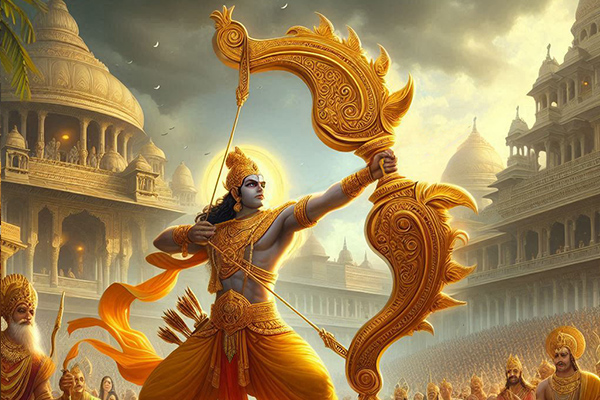
He questioned Shri Ram's abilities, as even mighty beings such as demigods, Asuras, Rakshasas, Yakshas, Gandharvas, and Nagas had failed to string the divine bow. King Janak's concerns were dispelled as Bhagwan Ram effortlessly lifted, strung, and bent the bow. The bow shattered with a loud crash. The Swayamvar audience were impressed and envious of Shri Ram. Messengers were sent to Ayodhya to deliver the news of Ram's astounding achievement. King Dashrath was invited to the wedding of Shri Ram and Sita.
King Janak and King Dashrath arranged Urmila's marriage to Laxman, Shri Ram's younger brother. The sages Vishwamitra and Vashishtha also suggested that Bharat and Shatrughan marry Mandavi and Shrutakirti, the daughters of King Janak's younger brother Kushadhwaj. The weddings were beautiful. Heavenly Apsaras danced to the Gandharvas' melodic tunes.
During the joyful festivities in Mithila, an enraged sage Parshurama burst into King Janak's royal court and furiously addressed Bhagwan Ram. Parshurama stated that the two bows were made by the divine Vishwakarma and given to Shiva and Vishnu. He challenged Shri Ram to string the bow owned by Shri Vishnu. Shri Ram joyfully accepted the challenge, successfully stringing Parshurama's bow. Parshurama recognised Shri Ram as a divine avatar of Shri Vishnu. He embraced defeat and left the palace. The holy Swayamvar of Goddess Sita concluded in the sacred union between Shri Ram and Goddess Sita.
Vivah Panchami Celebrations
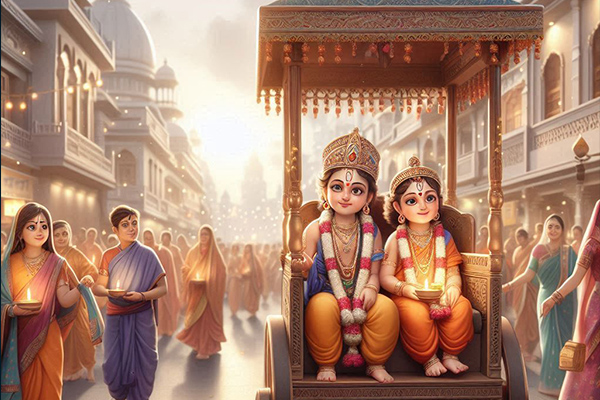
The festival known as the 'Ram Vivah Utsav' connects an array of celebration, drawing many to its vibrant embrace. Gatherings with friends and loved ones often unfold in the warmth of homes or the embrace of nearby communities, where the sacred rituals come alive. Participating and observing this festival brings harmony and happiness into couples' marriages, creating peace and prosperity. The celebration of Vivah Panchami bestows blessings on those who are having marital problems with their life partner by bringing balance and removing barriers.
Vivah Panchami is celebrated with tremendous fanfare in Ayodhya and Janakpur. In Uttar Pradesh, Bihar, and Madhya Pradesh, Idols of Bhagwan Rama and Goddess Sita are paraded with chariots. The temples are ornamented with lamps, lights, and floral arrangements. Sita’s Svayamvar & Ram-Sita Marriage are inacted in plays & dramas around the country. On this sacred day, the faithful participate in an intensive fast.
Sita Mata didn't have a good married life because of the 14 years exile, being separated from Bhagwan Ram in Lanka and then after the exile leaving Ayodhya to live alone in the forest raising her Children, therefore traditional marriages are avoided on this day. Instead, this is regarded as a day for resolving existing marital concerns that are producing conflict.
Married women celebrate Vivah Panchami for marital bliss, whereas unmarried women celebrate it in search of ideal life partners. On the sacred day of Ram Vivah Panchami, the devoted followers of Shri Rama and Mata Sita come together in reverence, engaging in a heartfelt puja, embracing a day of fasting, and joyously preparing for the divine union of their beloved deities.
Associated Spiritual Products & Services for Vivah Panchami
Rudra Centre is a one stop solution to all spiritual and religious tools. All the sacred items that are either required to venerate or to enhance spiritual practices like meditation, or sadhna are given below:
12 Mukhi Rudraksha
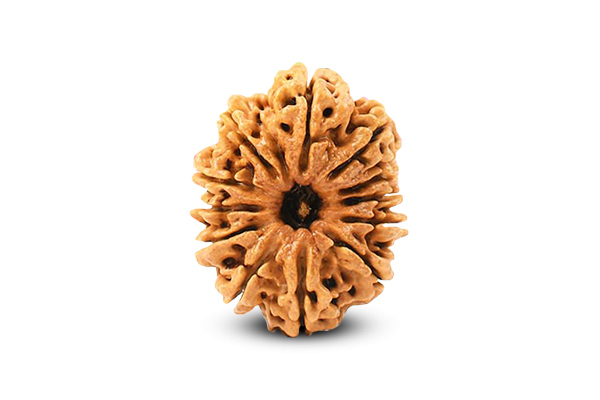
The Ruling Deity of 12 Mukhi Rudraksha is Bhagwan Ram, therefore wearing a 12 Mukhi Rudraksha on Ram Vivah is considered extremely meritorious. 12 Mukhi Rudraksha blesses one with Radiance, Power, Vitality, Independence which drive one to achieve all goals while following Dharma.
Ram Darbar Puja & Yagya
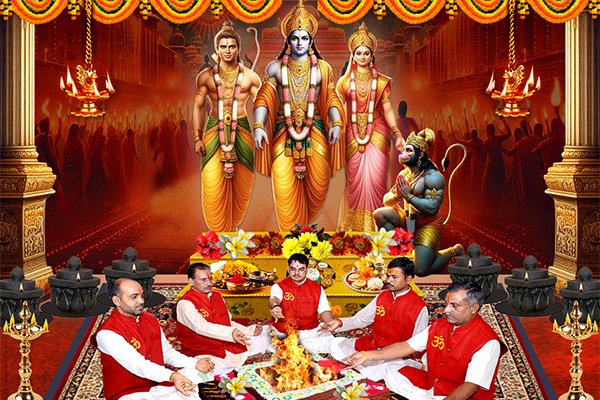
The objective of the Ram Darbar Pooja is to attain the divine blessings of Shri Ram, Maa Sita, Lakshman ji, Hanumanji, Rajkumar Bharat, Rajkumar Shatrughna and Vanara King Sugriva. On Vivah panchami gets the blessings of Shri Ram and Maa Sita along with his Darbar. This divine puja also helps one to be courageous and helps one to identify one's unique strengths and capabilities.
Ram Parivaar Superfine Brass Idols Set
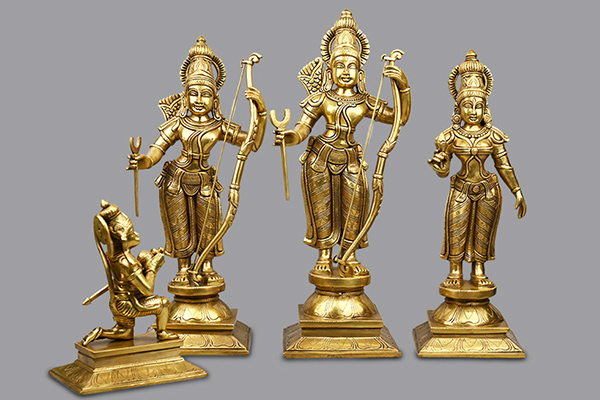
Buy Ram Parivar Superfine Brass Idols Set
The Ram Parivaar Brass Idols Set holds significant spiritual and cultural value, representing the ideals of dharma (righteousness) and devotion especially on Vivah Panchami. Bring this ram parivar Idols set to harmonize your family life.
Ram Yantra
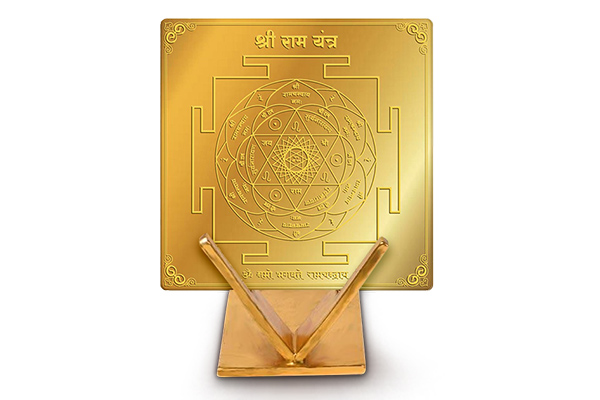
Bhagwan Ram is revered for his unending compassion, courage, and devotion to dharma, religious values and commitment to his consort Maa Sita. The positive energy of Ram embodied on Ram Yantra will eliminate any disturbing thoughts and provide mental peace, allowing you to maintain a focused, confident, and victorious attitude. Get the blessings of Ram Bhagwan on Ram Vivah.

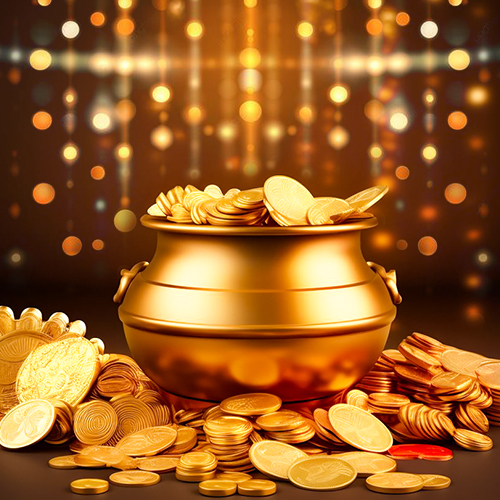
-in-Astrology.jpg)
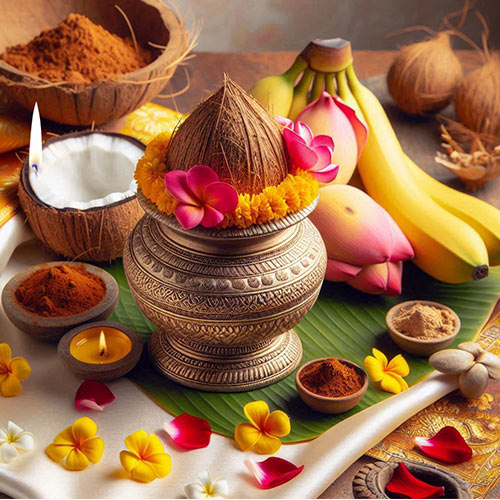
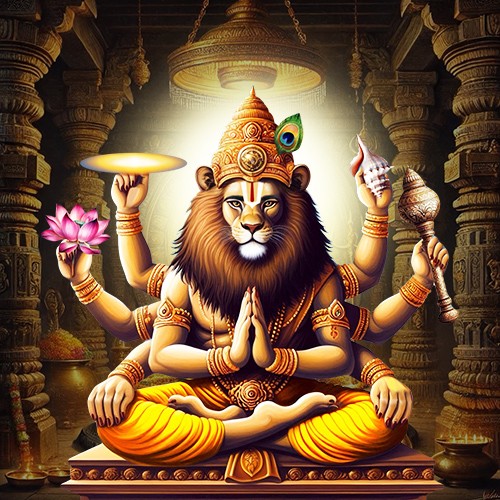
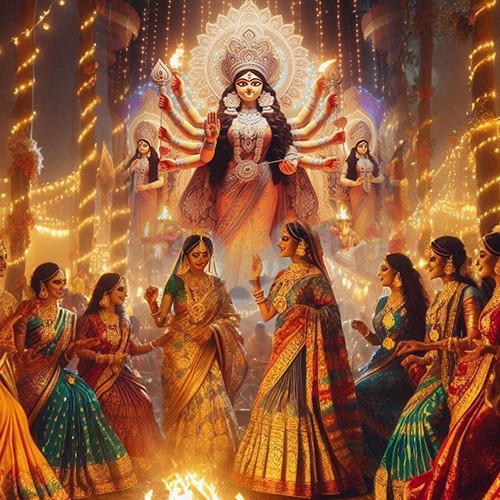
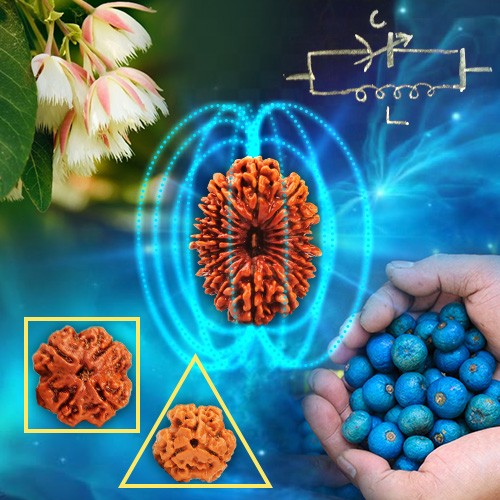

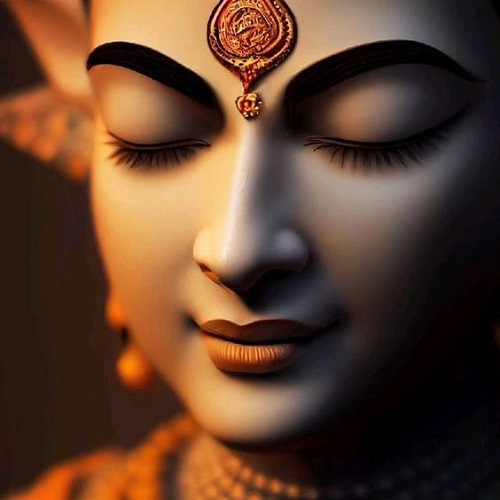
.jpg)
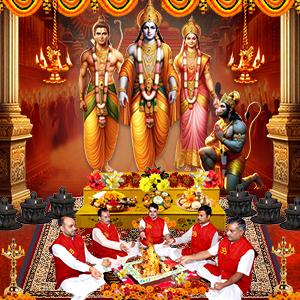
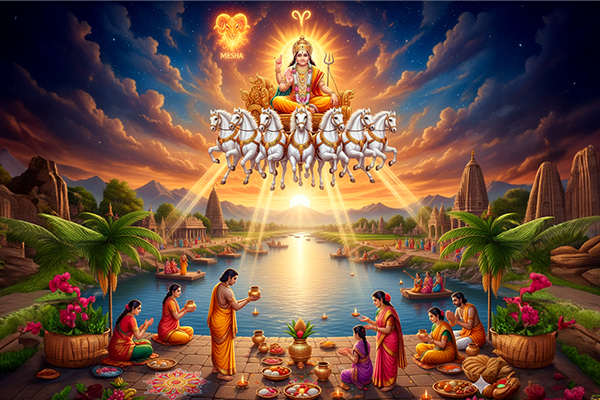
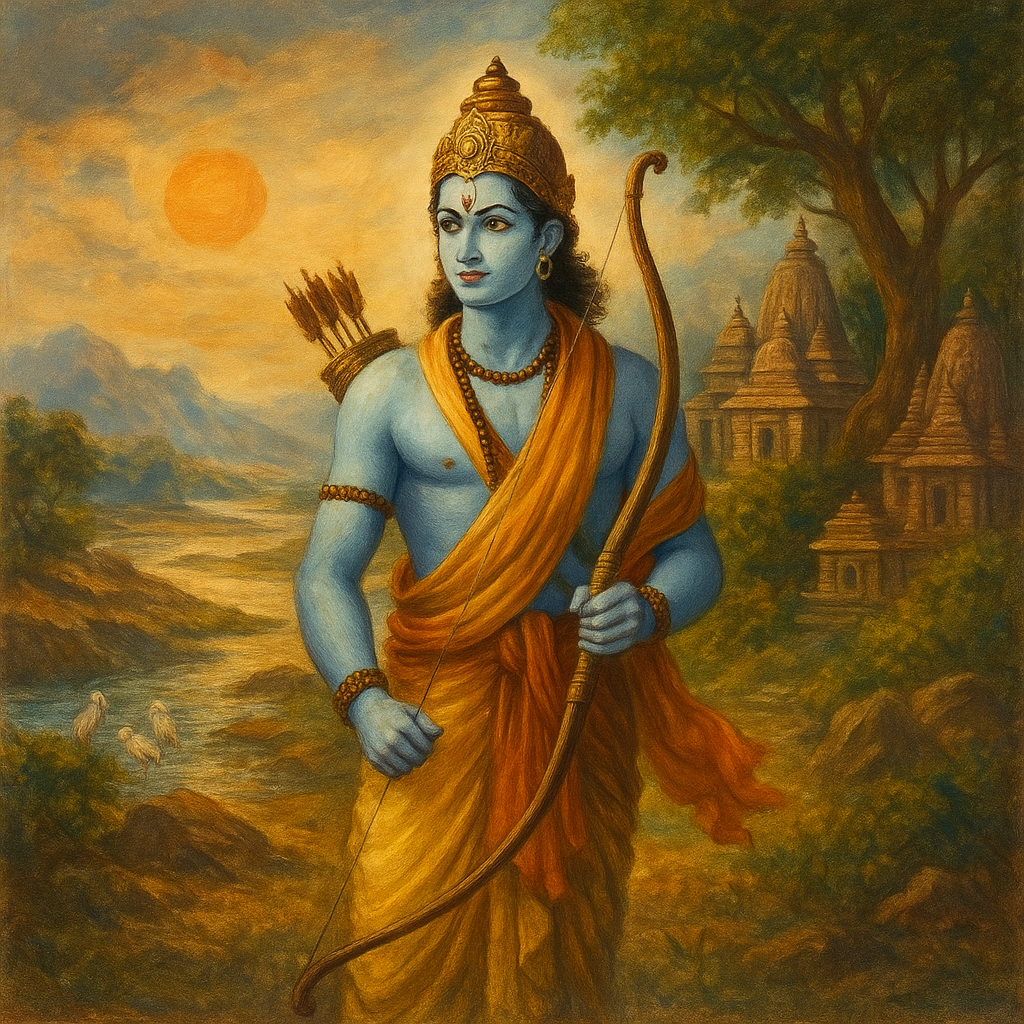
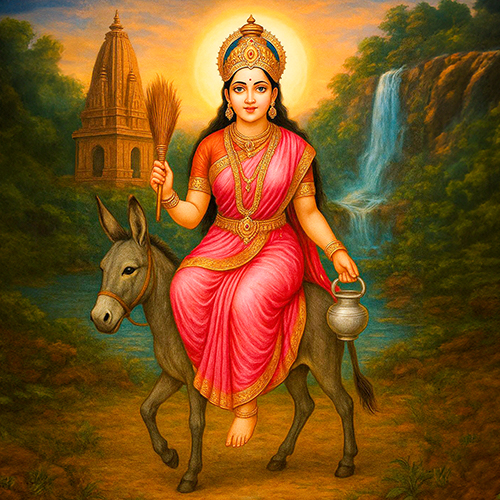
Comments 0
Leave your thought here